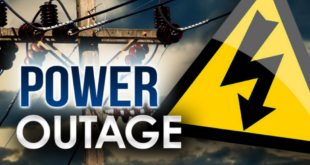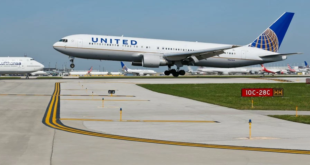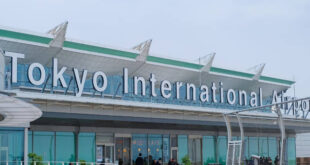Recently, a password management company, looked at how password management was handled by 55 members of the travel industry. They reviewed the processes and procedures for each identified entity in their survey and ranked them according to their strength, or cyber hygiene. While many companies collect information and protect that information, the findings of Dashlane are indicative of there being more than one company who is collecting personal information and has not invested in adequate protection for your personal (and sensitive) information. Those with one or no stars in the diagram below are such companies, while those with four or five stars have strength in their cyber-engagement with their customers.
Dashlane criteria for password strength
The company rated each travel industry member against five criteria.
- 8+ character password
- Alphanumeric
- Password strength assessment
- Account creation email (without including the password)
- 2-factor authentication
Who’s who on the Dashlane travel cyber hygiene ratings.
The company with no inventory, but with a global ability to put heads in beds, AirBnb, was uniquely identified as having the strongest password protocol of the industry. On the other hand, the company which invented free-styling cruising, Norwegian Cruise Line was alone at the bottom of the surveyed companies, equally alone, for the state of their password protocols. The Dashlane’s travel industry wall of password security gives you an idea how the 55 separate members of the travel industry fared.
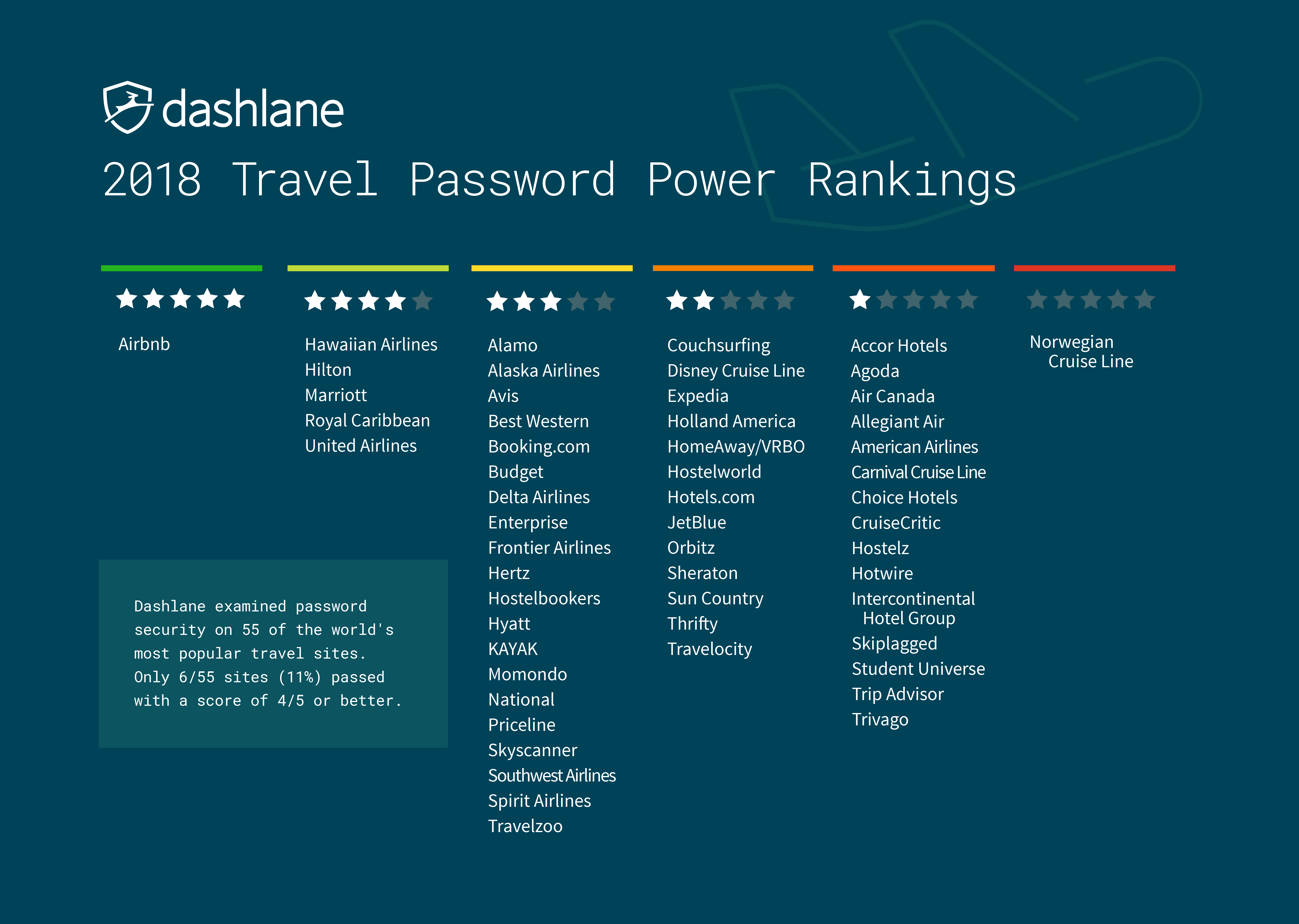
Your personal cyber hygiene
If you are an individual traveler you too have a role to play in maintaining the security and privacy of your online engagement. Your personal cyber hygiene is equally important. Dashlane offered the following cybersecurity tips specific to the travel community. Travel safety or traveling securely, is of great importance.
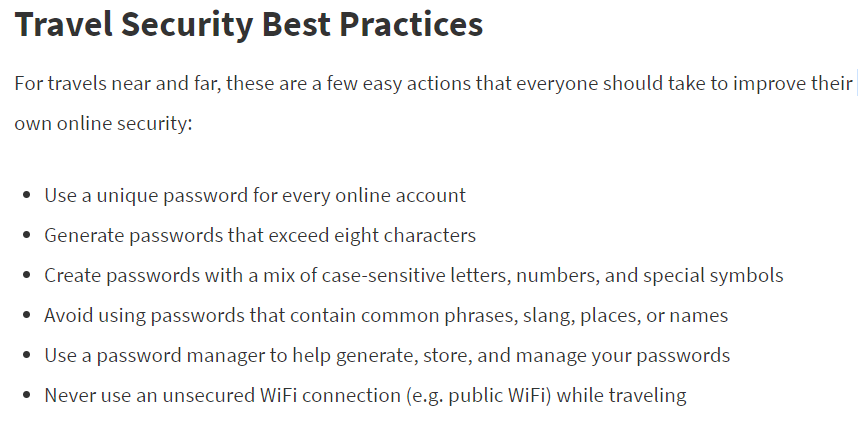
Cyber hygiene for companies
According to Carnegie Mellon University, a renown cybersecurity bastion within the United States, housing both the US-Computer Emergency Response Team (US-CERT) and the CMU-CyLab, have identified a baseline of practices which will help all travel providers up their cyber hygiene game.

Travel companies, including agencies collect personal information from their clients/passengers. According to the European Union Agency for Network Information, good cyber hygiene is lacking within the small and medium sized companies because the “theory” of cyber hygiene and the “practical implementation” is sometimes left wanting. The 2016 Report: “Review of Cyber Hygiene Practices within the EU, with particular focus on the small and medium companies.
 Travel Securely Securely Travel
Travel Securely Securely Travel
